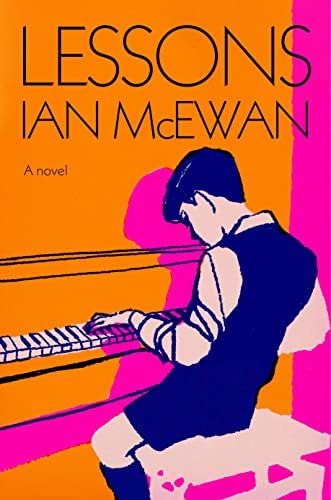In a narrative that smoothly embraces the entire 20th century, diffident Roland Baines has lessons to learn, starting with his experiencing the complexities of his piano teacher’s amorous attentions as a young teenager. Roland only sort of succeeds as a pianist, eventually supporting himself by playing in a hotel bar; as a young man, he’s a struggling poet engaged with the Labour Party and then disengaging as friends he made in East Berlin suffer government oppression. Roland meets wife Alissa when she’s the instructor of his German class, and just as her English mother married her German father after World War II because she thought he was a leader in the German resistance, Alissa marries Roland because she initially sees him as a “brilliant bohemian.” He’s actually a restless, incomplete soul, working serial job and crushed when she vanishes early on, leaving him with a squalling baby and police suspicions that he’s done away with her (she’s left strict instructions not to be sought out). Throughout, as McEwan unfolds Roland’s life and the history of both Roland’s and Alissa’s parents, we see how we all struggle to put our lives together and avert the damage that’s been done.




Comment Policy:
Comment should not be empty !!!